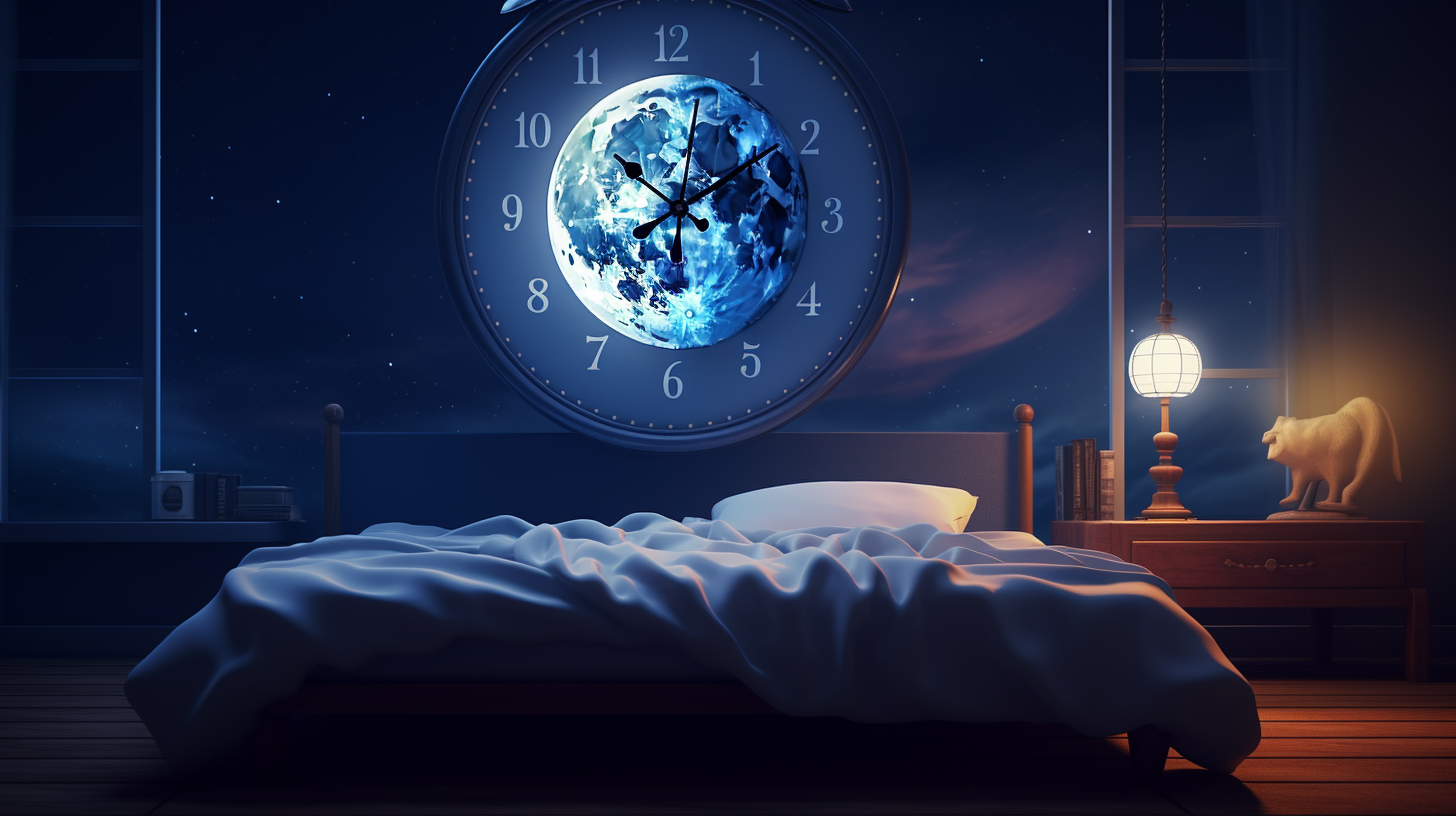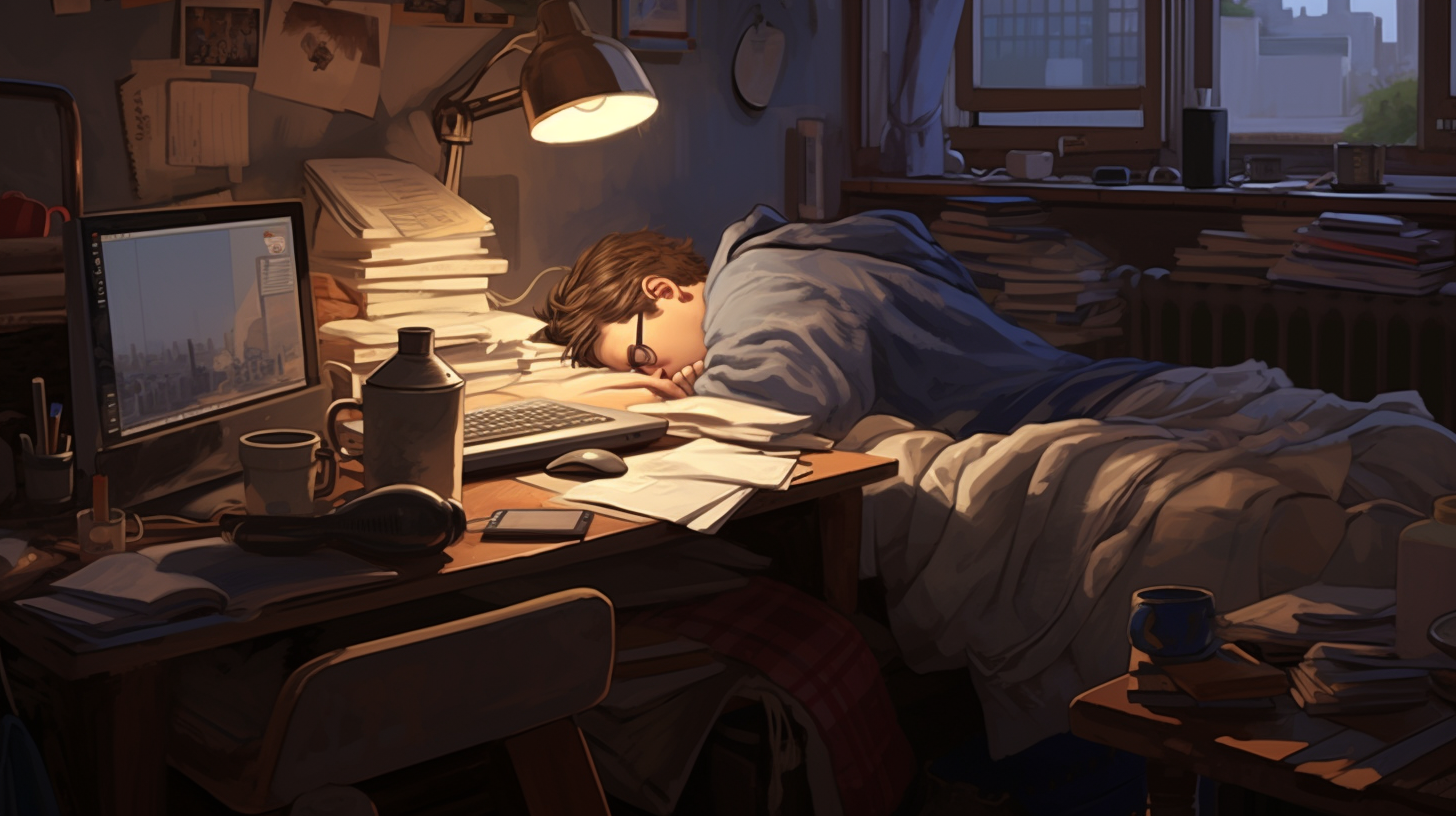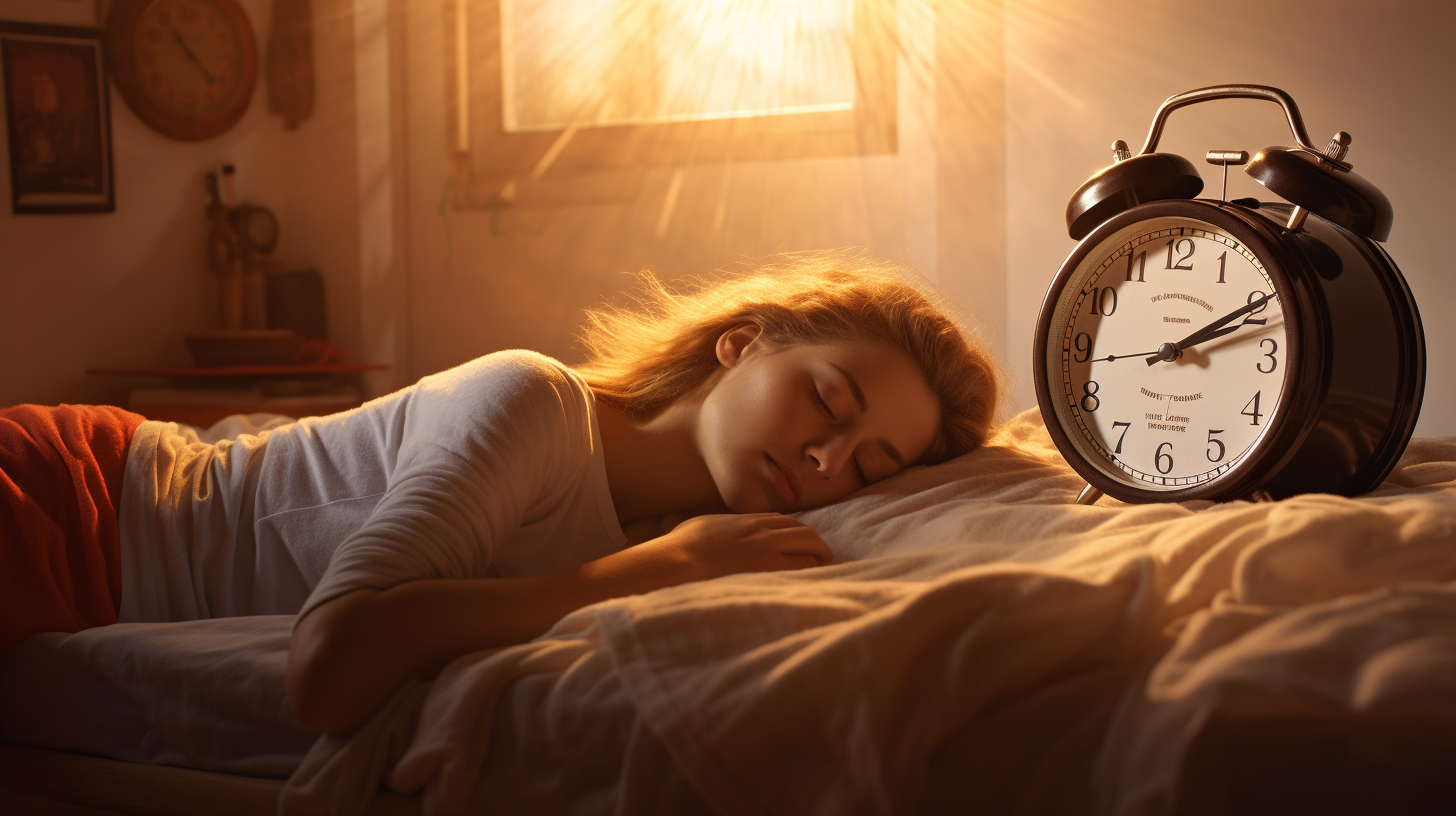You’re about to unlock the secrets of sleep.
We’ll delve into the science of slumber, revealing how much rest you truly need.
You’ll uncover the impacts of sleep deprivation, the importance of REM and deep sleep, and how to ensure you’re getting enough.
Ready to discover the sweet spot between too little and too much sleep?
Let’s dive in and make those z’s count.
How Many Hours of Sleep Do You Need?
You might be wondering how many hours of sleep you need, and it’s crucial to understand that this can vary based on factors like age, lifestyle, and overall health. Generally speaking, infants aged 0-3 months require a hefty 14-17 hours of sleep each day. As they grow, the need gradually decreases, with infants aged 4-11 months needing 12-15 hours, toddlers (1-2 years) requiring about 11-14 hours, and preschool children (3-5 years) needing 10-13 hours a day.
For school-age children (6-13 years), 9-11 hours of sleep suffices. Teenagers, however, need about 8-10 hours each day. As an adult, you should aim for 7 to 9 hours, although some people may function well with as few as 6 hours or need as many as 10 hours of sleep each day. As you age, the pattern changes slightly, with older adults (65 and older) needing 7-8 hours of sleep.
Women in the first 3 months of pregnancy often need several more hours of sleep than usual. However, if you’re feeling drowsy during the day, even during boring activities, it’s a sign you’re not getting enough sleep.
How to Know if You’re Getting Enough Sleep
Determining if you’re getting enough sleep involves assessing your daytime alertness and overall well-being, but it also requires a close look at your sleep habits and patterns. You should feel healthy and happy on your current sleep schedule. If you’re frequently tired, rely on caffeine to make it through the day, or have an inconsistent sleep schedule, these could be signs of sleep deprivation.
Moreover, the quality of your sleep is as crucial as the quantity. Your sleep should be uninterrupted and deep enough to go through all the necessary stages, including REM sleep, which is vital for learning and memory. If you fall asleep within five minutes of lying down or experience ‘microsleeps’ during the day, these are also signs of not getting enough sleep.
The Effects of Sleep Deprivation
When you’re skimping on the recommended seven to nine hours of sleep per night, a slew of negative effects can start to creep into your daily life. Sleep deprivation can lead to memory problems, lack of motivation, and irritability. Your reaction times slow down, your immune system weakens, raising your chances of getting sick, and your feelings of pain intensify.
Chronic sleep deprivation increases the risk of severe health conditions like high blood pressure, diabetes, heart attack, and obesity. It can lower your sex drive, cause wrinkles and dark circles under your eyes, and lead to overeating and weight gain. It impacts your problem-solving abilities and decision-making skills, sometimes to a dangerous degree.
For instance, sleep-deprived drivers often perform as poorly as or worse than drunk drivers. In fact, driver fatigue caused about 83,000 car accidents between 2005 and 2009.
Why You Need REM Sleep and Deep Sleep
So, let’s dive into why it’s essential for you to get enough REM and deep sleep, and how they contribute to your overall health and wellbeing. Your brain and body need these stages of sleep to function optimally.
During the deep sleep stage:
- Your brain waves slow down, making it harder for you to wake up.
- Your body repairs tissues, works on growth and development, and boosts your immune system.
- Energy is built up for the next day.
As for REM sleep, it usually starts about 90 minutes after you fall asleep. Notably:
- Brain activity increases, along with your pulse, blood pressure, and breathing rate.
- You experience most of your dreaming during this stage.
- Crucially, REM sleep is when your brain processes information from the day and stores it in your long-term memory.
Without sufficient REM and deep sleep, your memory, learning, and physical health could be compromised. So, it’s not just about the quantity of sleep, but the quality that truly matters.
How to Get the Sleep You Need
You’ve learned about the importance of sleep and now let’s explore how you can get the restful night’s sleep you need.
Time is precious, but your sleep should be too. Despite a busy schedule, it’s crucial to set aside enough hours for sleep. Consistency is key, so try to fix your bedtime and waking hours, weekends included.
Transform your bedroom into a sleep sanctuary. Keep it dark, quiet, and at a comfortable temperature. Avoid using electronic screens like TVs or cell phones in your bedroom as they can disrupt your sleep. Create a relaxing bedtime routine that excludes bright lights, large meals, caffeine, and alcohol. You might find a hot bath helpful.
Regular exercise can promote better sleep. Aim for at least 30 minutes a day, preferably not within 5 hours of your bedtime. If you find napping necessary, limit it to 30 minutes to avoid feeling groggy or disrupting your sleep schedule.
If you’re struggling to fall asleep, don’t force it. Engage in a quiet activity until you feel sleepy. Remember, if sleep problems persist, don’t hesitate to consult your doctor.
Conclusion
So, how much sleep is just right? It varies by age and individual needs.
But don’t underestimate the power of a good night’s sleep – it’s vital for your physical and mental health. If you’re not getting enough, you’re risking serious health issues.
Prioritize REM and deep sleep, they’re key for memory and body repair.
Still struggling? It might be time to evaluate your sleep habits and make necessary changes.
Remember, quality sleep isn’t a luxury, it’s a necessity.
Frequently Asked Questions
Some common misconceptions are that you can ‘catch up’ on lost sleep and that less sleep is needed as you age. In reality, consistent sleep patterns are crucial and adults still need 7-9 hours nightly.
Exercise positively affects your sleep quality and duration. It helps you fall asleep faster, deepens your sleep, and reduces sleep disruptions. However, don’t exercise too close to bedtime as it might interfere with your sleep.
Yes, certain dietary habits can impact your sleep. Consuming caffeine or alcohol close to bedtime can disrupt sleep. Foods high in protein promote sleep, while sugary foods can cause wakefulness. A balanced diet aids good sleep.
Stress, anxiety, and depression can significantly impact your sleep. They often cause sleep disruptions, insomnia, or oversleeping. You might struggle to fall asleep or stay asleep due to racing thoughts or emotional distress.
Yes, individuals with chronic illnesses or disabilities often have different sleep requirements. Your specific needs can vary based on your condition, so it’s essential to consult your doctor for individualized sleep recommendations.



